Analysis paralysis (or paralysis by analysis) occurs when an individual or group overanalyses or overthinks a situation, resulting in a state of indecision in a situation or in the process of deciding what to do. Considering a situation too complex can prevent a decision from being made, for fear that a more serious dilemma may arise.
If someone wants to achieve a perfect solution but is worried about making an error on the way, they may fear making a decision that could prove detrimental. Similarly, a person may believe they are close to reaching a superior solution and stall in their pursuit, with no concept of diminishing returns. Extinct by instinct describes making a fatal decision in haste or according to impulse, at the opposite end of the time spectrum.
Read: Rumination Disorder
What is analysis paralysis?
Analysis paralysis occurs when a problem is over-thought to the point that a decision cannot be made. Occasionally, individuals or groups may be overburdened with information. The end result is endless disagreement over the advantages and disadvantages of each option, and a lack of ability to decide.
Sometimes, it is particularly difficult to choose an investment if one is subject to analysis paralysis. It is easy to become overwhelmed by the prospect of evaluating many alternatives until it is impossible to make a decision. Inaction can result in the loss of potential profits.
It occurs when anxiety over making a mistake or overlooking a superior solution outweighs the realistic expectation or potential value of success when a decision is made on time. An unconscious attempt to preserve options leads to suppressed decision-making.
There may be too many options and one is unable to make a decision due to “paralysis”. The problem becomes worse when a person is not able to respond quickly enough to a critical situation, potentially causing a larger issue than they would have if they had made a decision.
Read: Thought Disorder
How analysis paralysis works
Both routine problems and complex ones can lead to analysis paralysis. This often happens when there are too many variables to consider.
An individual uses standard statistical analysis or basic logic to examine the facts regarding a potential course of action in a standard problem set. The analysis will usually reveal the best options or at least suggest a list of pros and cons that would be most beneficial.
It is common for analysis paralysis to happen if there is a lack of clarity about the research parameters.
The question “Which stock should I buy?” is one that lacks an answer. Consider this question instead: “What are the best stocks to buy if they pay an annual dividend and are in an industry that is relatively recession-proof?” You can compare the numbers, weigh the pros and cons, and make a decision based on your research.
Humans have been experiencing analysis paralysis for thousands of years. Hamlet by Shakespeare is a classic example of how overthinking can harm you.
Historically, business decision-making has been perceived as being driven by analysis by paralysis. Business strategist and mathematician Igor Ansoff, in his book Corporate Strategy: An Analytical Approach to Growth and Expansion, uses the term “analysis by paralysis.”
What are the possible causes of analysis paralysis?
The first thing you should understand is why making choices can be challenging for you. Here are some things to consider:
Did you make any previous decisions that didn’t turn out well? It is still a poignant incident. This indicates that you lack confidence in your abilities and have trouble making the right decisions.
Additionally, when making a decision, many people are more concerned about how other people will perceive it. Their future or relationships with others may be affected if they make an incorrect decision. When others are affected by their decisions, things get even worse.
Nevertheless, if you often evaluate and analyze choices for almost every decision you have to make, you have analysis paralysis, and you need to become more aware of why this is happening. It would be a good idea to break the pattern.
Read: How to Stop Overthinking
How do decisions lead to analysis paralysis?
It is likely that some of the decisions we make are simple and will not overwhelm us with confusion or overwhelm us. Analysis paralysis may occur more often with certain types of decisions, such as those regarding:
- Career
- Family
- Marriage/Relationships
- Finances
It is understandable that these topics, in particular, can lead to analysis paralysis because decisions in these areas have such a high impact on our wellbeing, our future, and our loved ones.
It is possible to over-think and ask too many people for their opinions in any one of these areas of life because of the possibility of making the wrong decision.
Therefore, when we gather information and reflect on our decisions, we actually end up consuming more information and being more confused.
It can be difficult to make a confident and clear decision.
How Does Analysis Paralysis Feel?
Confusion can be experienced by anyone, and most people would agree it is not pleasant. We might feel stressed, our thoughts might race, and we might become frustrated.
Analysis paralysis can leave us exhausted and overwhelmed to such a degree that we feel fatigued and exhausted. The following symptoms may occur as a result of stress:
- Ruminating thoughts
- Rapid heart rate
- Anxiety
- Sweating
- Shallow breathing
- Loss of sleep
- Fatigue
- Inability to make a decision
- Lack of productivity
- Inability to focus
Special considerations
A high probability of analysis paralysis exists in the world of technical analysis for investments. The best way to decide what to buy and when to sell can be reached by utilizing a wide range of theories, concepts and best practices.
Investors use models and fundamental investing regimes to make investment decisions in the investment management industry. Technical analysts use advanced charting software to figure out how to detect trading signals and make investment decisions using their knowledge of technical indicators.
When trying to find solutions for analysis paralysis, fuzzy semantics are often discussed. The study of fuzzy semantics as a mathematical study of problems involving undefined variables is fuzzy semantics.
Developing artificial intelligence and machine learning solutions requires fuzzy semantics, fuzzy logic and fuzzy syntax programming. An individual is directed toward a specific outcome using a decision tree-like technique. A rule-based approach to analysis generally allows for adjusting and customizing variables to deliver automated responses with a subjective touch.
Read: Psychological Disorders
Difference between analysis paralysis and good decision making
Is it possible to distinguish good decision-making from analysis paralysis? Does it even make sense? Decision-making processes typically include a variety of options and a range of possible outcomes. Once the list has been narrowed down, our brain starts removing irrelevant or inappropriate options. The elimination process takes only a short time. There is no specific timeframe, but it is a quick process.
However, analysis paralysis is different from normal paralysis. There are so many options and possibilities available to them that they get stuck. They feel like their brains are expanding and their options are endless, and they feel as though they are all equally probable. The decision-making process can be quite overwhelming when there are so many different choices. This shuts down the decision-making process if you consider all these choices to be equal on merit.
How to spot and overcome analysis paralysis
People or groups can become paralyzed by analysis paralysis when dealing with major investments, life-changing decisions, or even finding the best place to have lunch.
Psychology Today states that anxiety is the root cause. A compulsive examination of countless variables and imagining their downsides leads to depression. The best option is impossible to separate from the rest in the end. It can be helpful to recognize that anxiety can cause paralysis.
In this era of endless research, and when any topic can be explored to the point of exhaustion, Robert Taibbi suggests that people are especially prone to analysis paralysis. In order to achieve the ultimate goal, “stair-stepping” the process by making small, incremental decisions that lead up to the ultimate one is advocated. You can adjust and refine your decision as you go.
Learn about: Double Depression
Examples of analysis paralysis
The Jam Study is considered one of the most famous examples of analysis paralysis in action. An experiment was conducted by market researchers where 24 varieties of the jam were placed on shelves for shoppers to sample and then decide which one they should purchase. Ultimately, only six varieties were in stock the next day. When consumers were presented with only six varieties of jam instead of 24, they were ten times more likely to purchase it.
Chocolate, financial investments, and speed dating have all been associated with the same phenomenon. We feel anxious instead of glad to have so many choices because we worry that we will make the wrong choice, regret it, and blame ourselves. We freeze when confronted with so many choices.
Read: How to Overcome Analysis Paralysis
Analysis Paralysis FAQs
Several of the most common questions about analysis paralysis are answered here.
What are the effects of analysis paralysis on consumer decisions?
There is a connection between analysis paralysis and choice paralysis. Consumer psychology experts have concluded that fewer choices are typically more beneficial than more options.
If there are 1,000 bottles of white wine in a store, then it can leave customers completely confused and unable to make a choice. You will sell more white wine if you have a small selection with helpful serving tips.
What are signs of analysis paralysis in real estate investing?
Experts believe that the real estate industry is particularly prone to analysis paralysis, particularly for first-time homebuyers and investors. It may be too much to handle to make a real estate decision both financially and physically.
According to the website Investing Architect, the “obsessive research loop” will set in
- Focus your research on the relatively few options that meet your specific priorities.
- Ignore your long-term investing goals and focus on the smaller, here-and-now investments that start you on the right foot.
- Set a reasonable and achievable investing goal for this year.
Read: Side Effects of Overthinking
What is the opposite of analysis paralysis?
“Utopia myopia” is what a product manager coined for the opposite of analysis paralysis.
People with this syndrome ignore the facts with blithe abandon. People suffering from utopia myopia believe that they know the only solution. A discussion (or research) is not necessary, particularly if it is in contradiction with the chosen solution.
We all know someone like that.
Read: Different Ways to Control Overthinking
The bottom line
Jeff Boss, writing for Forbes, has a brief recommendation: “It doesn’t matter in which direction you choose to move when under a mortar attack, just as long as you move.”
It usually takes a bit more thought to make an informed decision. However, making a decision based on over-analysis can be just as destructive. Consider choosing only those few options that best match your goals first if you’re experiencing analysis paralysis. Consider the pros and cons of each option. Then decide.
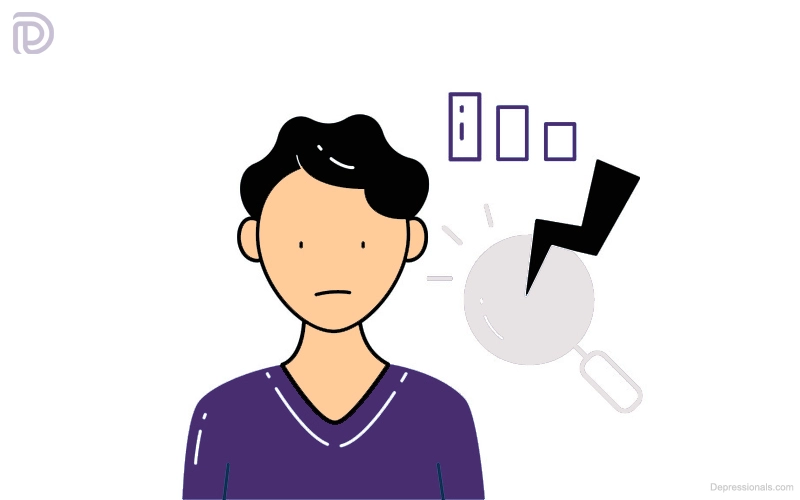
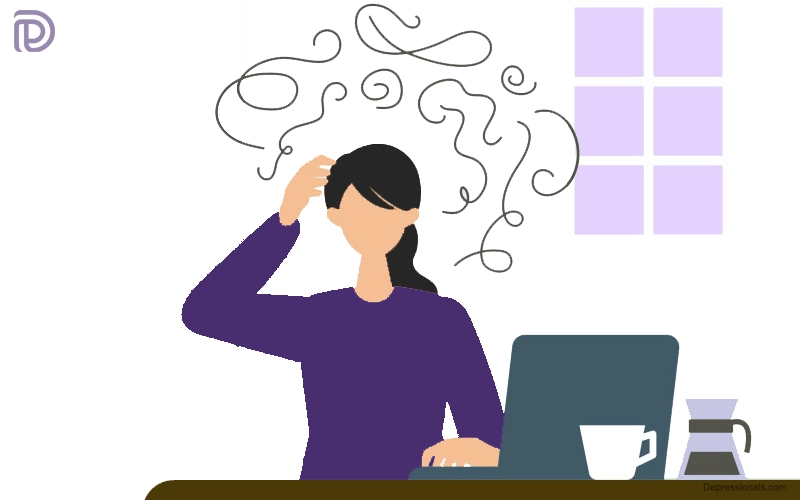
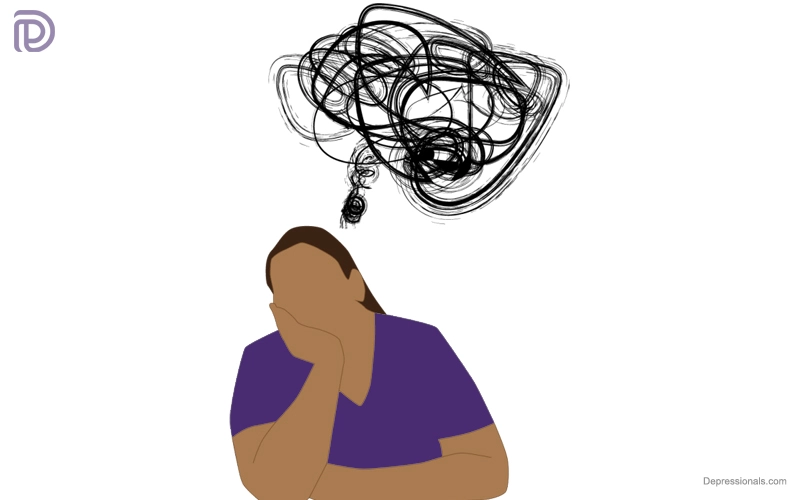
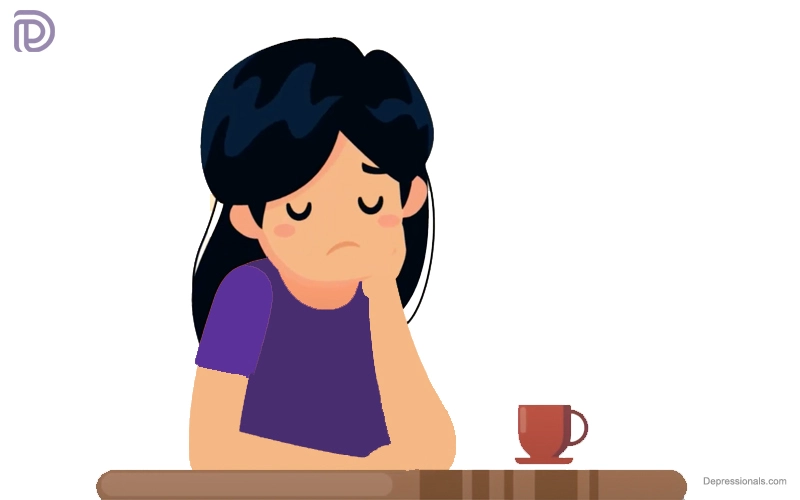
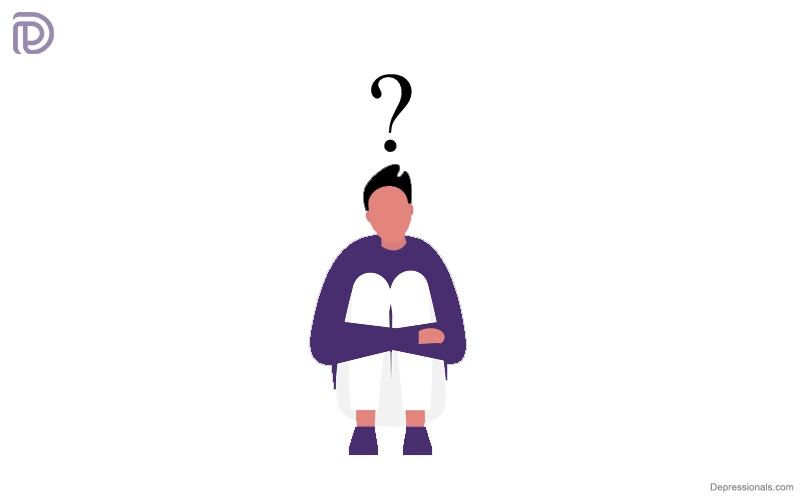

whoah this blog is wonderful i really like reading your articles. Keep up the great paintings! You realize, a lot of people are hunting round for this info, you could help them greatly.
I have read so many posts about the blogger lovers howeverthis post is really a good piece of writing, keep it up.
Thanks a bunch for sharing this with all of us you actually know what you are talking about! Bookmarked. Please also visit my site =). We could have a link exchange agreement between us!
I have read so many posts about the blogger lovers howeverthis post is really a good piece of writing, keep it up.
whoah this blog is wonderful i really like reading your articles. Keep up the great paintings! You realize, a lot of people are hunting round for this info, you could help them greatly.
I have read so many posts about the blogger lovers however this post is really a good piece of writing, keep it up
I have read so many posts about the blogger lovers however this post is really a good piece of writing, keep it up
whoah this blog is wonderful i really like reading your articles. Keep up the great paintings! You realize, a lot of people are hunting round for this info, you could help them greatly.
Good article. Thanks, heaps for this!… if anyone else has this it would be much appreciated.
I know this if off topic but I’m looking into starting my own weblog and was wondering what all is required to get set up? I’m assuming having a blog like yours would cost a pretty penny? I’m not very internet smart so I’m not 100 certain. Any suggestions or advice would be greatly appreciated. Many thanks
Great selection of modern and classic words to discuss.